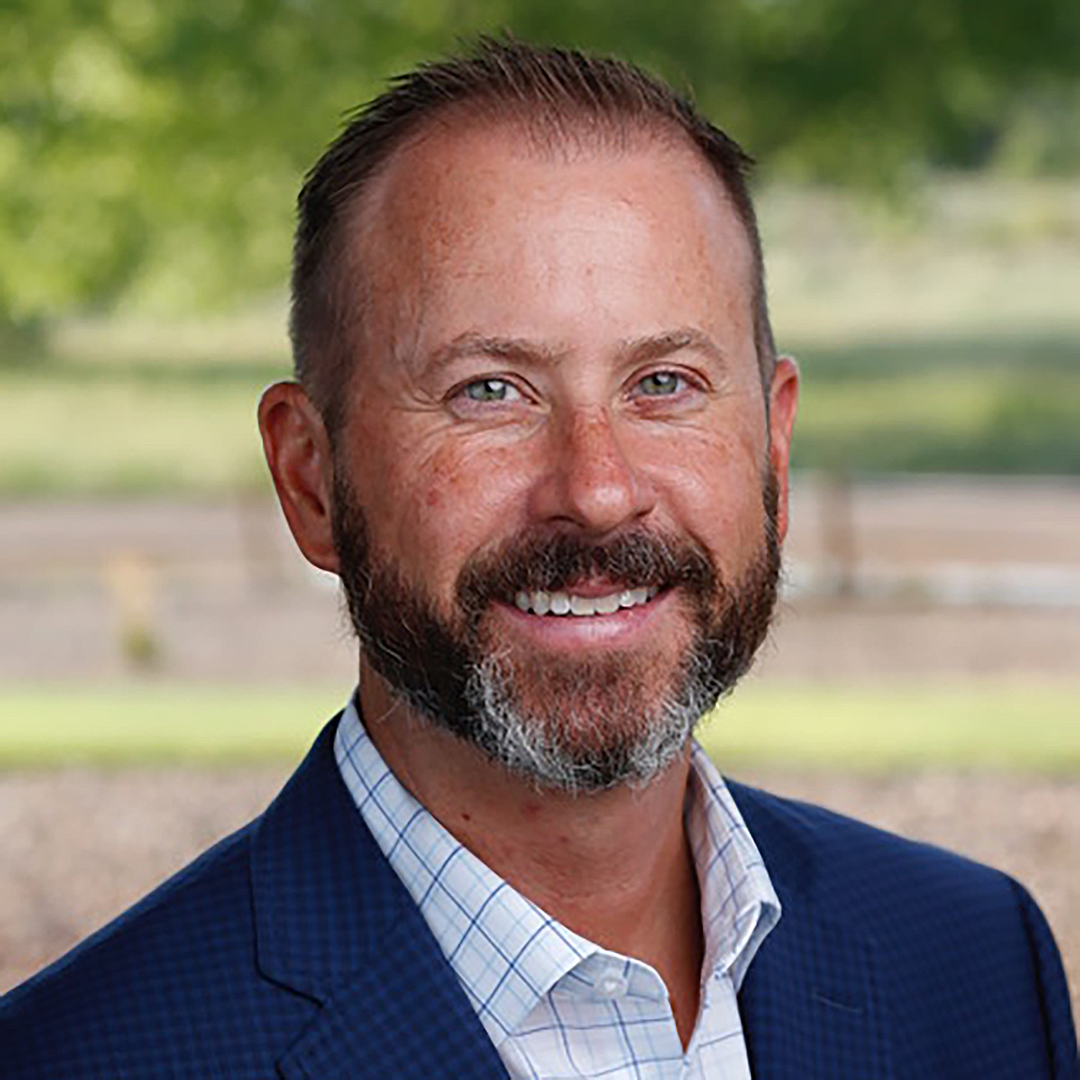Digital transformation is essential to support younger patients’ mental health | Viewpoint
Managing the mental health and well-being of Gen Z should likely begin with a digital tool that offers age-appropriate content and activities that meet them where they are.
U.S. Surgeon General Vivek Murthy, MD, recently issued an advisory about the growing evidence of social media’s negative effects on children and adolescents' mental health and well-being.
Bob Booth, the chief care officer at TimelyCare (Photo: TimelyCare)

Citing numerous research studies, the advisory links excessive social media exposure to double the risk of experiencing poor mental health outcomes, such as symptoms of depression and anxiety.
These hugely popular apps, however, are only one of many mental health risks that Murthy warns about. Children, adolescents and college students have everyday pressures such as relationships, academics, athletic performance, bullying and even basic needs. As they age, adolescents and young adults are more exposed to larger societal issues like mass shootings, global conflict and economic uncertainty, which can also worsen mental health.
A combination of these factors is likely why more than three-quarters (77%) of college students we surveyed in May reported that they have a friend who is experiencing mental health challenges or issues.
Young people have always experienced depression, anxiety, post-traumatic stress and other related conditions. Yet what previous generations did not have in their time were smartphones and the Internet, given that Gen Z members likely received their first smartphone at age 10. Near-universal ownership and usage of these devices make it impossible for young people to disconnect from the things that elicit troubling emotions and encourage potentially harmful behaviors.
That means, in many cases, managing the mental health and well-being of Gen Z should likely begin with a digital tool that offers age-appropriate content and activities that meet them where they are.
Digital-native generations require digital-first care
An evidence-based mental health screening should be the first step and begin early depending on behaviors observed by parents, educators, coaches and other adults in the young person’s life.
In 2022, the U.S. Preventive Services Task Force reaffirmed previous recommendations to screen adolescents aged 12 to 18 years for major depressive disorder and patients aged 8 to 18 for anxiety, even if they do not show symptoms. The American Academy of Pediatrics (AAP) takes the task force’s recommendations a step further, urging universal screenings for suicide risk to begin at age 12.
Initial screening and follow-up mental health visits can be conducted online, according to the AAP’s website for parents. A virtual care encounter may “ease any feelings of discomfort that some children and teens may feel when talking about emotional health issues,” according to the AAP, and during such sessions, “pediatricians are finding kids are more open to talking about what’s bothering them.”
One size doesn't fit all
One of the greatest benefits of virtual care is meeting young patients where they are, at the level of engagement and support they feel safe and comfortable seeking.
For example, many in the digital-native generation gravitate towards self-guided, evidence-based mental health care and well-being options available online, including interactive self-care exercises, video, audio, or text-driven therapies that offer the opportunity to progress at their own pace in their own space.
Other members of Gen Z may prefer to participate in anonymous, peer-to-peer support within a personalized mental health platform where they can connect with others facing similar challenges, removing the stigma of seeking mental healthcare.
For those interested in formal counseling with a licensed mental health provider, virtual care offers a convenient option for receiving confidential one-on-one support from experts who are empathetic to their needs. Whether they are seeking traditional, hour-long, one-on-one counseling sessions with a therapist or on-demand emotional support, virtual care offers accessibility, availability and diversity that is not always available in every community or without extended wait times.
For younger patients who are receptive to one-on-one counseling, therapist selection can be critical. A mental health clinician with a similar background, language, race/ethnicity and other familiar characteristics can help adolescents and young adults overcome inhibitions sooner and more quickly forge the trust essential to an effective therapeutic relationship.
Regardless of the care method, it is our duty as clinicians, parents, educators, coaches and other adults who interact with young people to foster a culture of caring that includes normalizing and destigmatizing mental health support.
Just like our physical health, managing our mental health and well-being is a life-long commitment. Guiding children and adolescents toward this insight early in their lives can help them build the skills to remain healthfully resilient against their challenges now and in the years ahead.
About the author
Bob Booth, MD, is the chief care officer at TimelyCare, a virtual health provider.
Telehealth faces a looming deadline in Washington | Healthy Bottom Line podcast
February 12th 2025Once again, the clock is ticking on waivers for telemedicine and hospital-at-home programs. Kyle Zebley of the American Telemedicine Association talks about the push on Congress and the White House.